Financial Strain On Paris: Impact Of Luxury Goods Market Decline
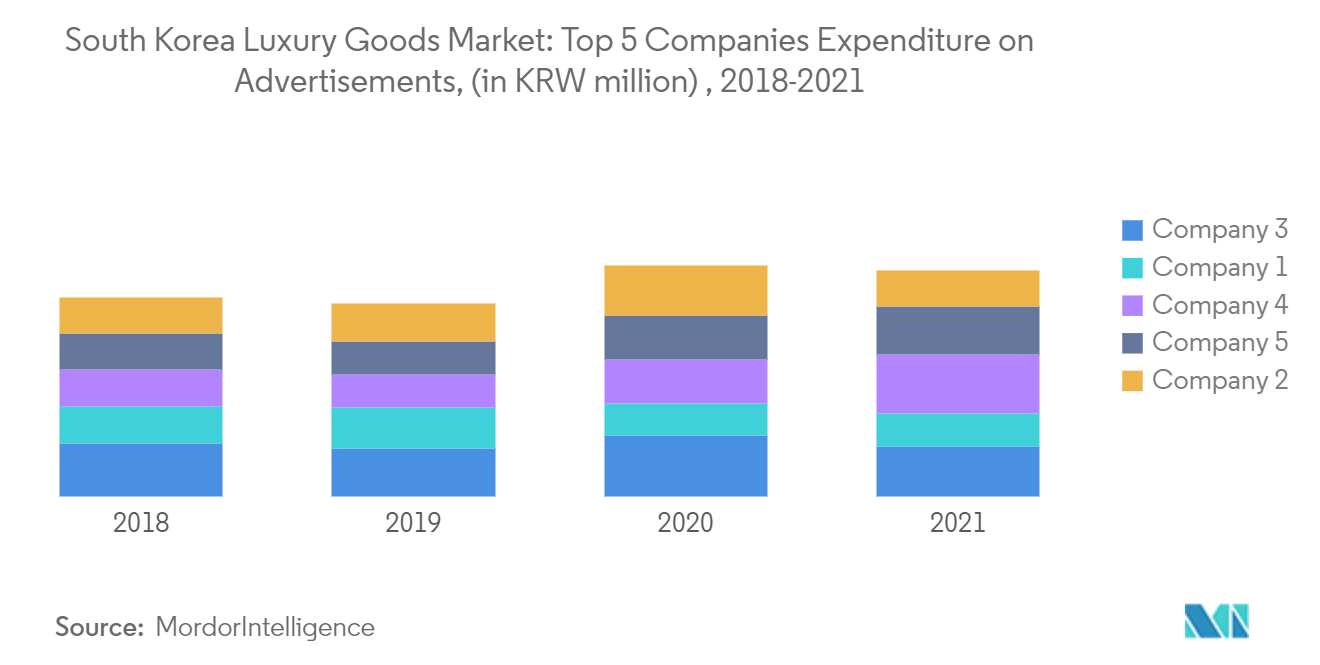
Table of Contents
Decreased Tourist Spending & The Impact on Luxury Retail
The decline in international tourism is a major contributor to the Luxury Goods Market Decline in Paris. High-spending tourists from Asia, the Middle East, and other regions have historically fueled the luxury market, and their reduced presence is keenly felt.
Reduced International Tourism
- Flight restrictions and travel advisories: The COVID-19 pandemic severely curtailed international travel, leading to a dramatic drop in tourist numbers and spending. The recovery has been slower than anticipated, further impacting the luxury sector.
- Rising travel costs and the strong Euro: The increased cost of flights, accommodation, and general expenses, coupled with the strong Euro, makes a trip to Paris less affordable for many international visitors, particularly those from countries with weaker currencies. This directly affects spending on luxury goods.
- Geopolitical instability: Global uncertainties and geopolitical tensions also play a significant role. Concerns about safety and security can deter tourists from visiting, impacting the luxury retail sector.
Shifting Consumer Preferences
Beyond the decline in tourist numbers, evolving consumer preferences are impacting demand for luxury goods. A shift towards experiences over material possessions, coupled with increased scrutiny of ethical and sustainable practices, is reshaping the luxury landscape.
- Sustainability concerns: Younger generations are increasingly conscious of environmental and social issues, leading them to question the ethical production practices of some luxury brands. This has led to a rise in demand for sustainable and ethically sourced luxury alternatives.
- The rise of the resale market: The increasing popularity of platforms offering pre-owned luxury goods provides a more affordable entry point to the market, potentially cannibalizing sales of new luxury items.
- Unique and handcrafted items: There’s a growing preference for unique, handcrafted, and bespoke items, which often command a premium but offer a level of personalization and exclusivity that mass-produced luxury goods struggle to match. This presents both a challenge and an opportunity for luxury brands to adapt their offerings.
Economic Slowdown & Its Ripple Effect on Luxury Brands
The global economic climate is also significantly contributing to the Luxury Goods Market Decline in Paris. Global inflation, recessionary fears, and increased interest rates are all impacting consumer spending power, reducing the demand for luxury goods.
Global Inflation & Recession Fears
- Inflation's impact on disposable income: High inflation erodes purchasing power, making luxury goods, which are discretionary purchases, less accessible to a larger segment of the population.
- Recessionary fears and uncertainty: The prospect of a recession creates economic uncertainty, leading consumers to postpone or cancel large luxury purchases. This cautious spending directly impacts sales in the luxury sector.
- Increased interest rates: Higher interest rates make financing luxury goods more expensive, further reducing demand and impacting overall sales.
Impact on Parisian Businesses
The decline in luxury sales extends beyond the flagship stores, creating a ripple effect through the Parisian economy. Numerous businesses reliant on luxury tourism are experiencing reduced revenues and facing difficulties.
- Job losses and business closures: Reduced revenue for luxury brands and related businesses leads to job cuts and, in some cases, business closures, impacting employment levels in Paris.
- Decreased tax revenue: The lower sales in the luxury sector translate to a decrease in tax revenue for the city of Paris, negatively impacting funding for public services and infrastructure.
- Decreased property values: The slowdown in the luxury market is also impacting property values in prime retail locations, creating further financial strain.
Strategies for Recovery & Future Outlook of the Parisian Luxury Market
Reviving the Parisian luxury market requires a multifaceted approach involving both adaptation by luxury brands and supportive government initiatives.
Adapting to Changing Consumer Demands
Luxury brands need to strategically adapt their business models to appeal to evolving consumer preferences.
- Digital marketing and e-commerce: Investing in robust online sales channels and engaging digital marketing strategies is crucial for reaching a wider audience and adapting to changing consumer behavior.
- Influencer marketing and social media: Collaborating with influencers and leveraging social media platforms are essential for creating brand awareness and engaging with younger consumer demographics.
- Sustainable and ethical practices: Adopting sustainable and ethical production practices is paramount to attracting the growing segment of conscious consumers who prioritize ethical and environmentally friendly brands.
Government Initiatives & Economic Support
Government intervention can play a critical role in stimulating the luxury market.
- Targeted tourism promotion: Targeted marketing campaigns aimed at attracting high-spending tourists from key markets can help boost revenue for the luxury sector.
- Infrastructure investment: Improving the overall tourist experience through investment in infrastructure, transportation, and visitor amenities can enhance Paris's appeal to luxury travelers.
- Financial aid packages: Providing financial aid and support packages to businesses impacted by the decline can help them navigate the current challenges and ensure their survival.
Conclusion
The Luxury Goods Market Decline in Paris is posing a significant financial challenge to the city. Reduced tourist spending, economic slowdown, and shifting consumer preferences are interconnected factors contributing to this decline. To mitigate this crisis, a combined strategy is essential: luxury brands must adapt to changing consumer demands, and the government must implement supportive initiatives to stimulate the luxury market and attract high-spending tourists. Understanding the dynamics of this decline and addressing it proactively is crucial for the long-term economic prosperity of Paris's iconic luxury sector. Ignoring this issue risks further damage to the city’s economic health. A comprehensive approach focusing on both adaptation and supportive measures is paramount to reversing the trend of the Luxury Goods Market Decline in Paris.

Featured Posts
-
 Luxus Porsche 911 80 Millio Forint Az Extrak Ara
May 25, 2025
Luxus Porsche 911 80 Millio Forint Az Extrak Ara
May 25, 2025 -
 Brest Urban Trail Les Visages De La Course
May 25, 2025
Brest Urban Trail Les Visages De La Course
May 25, 2025 -
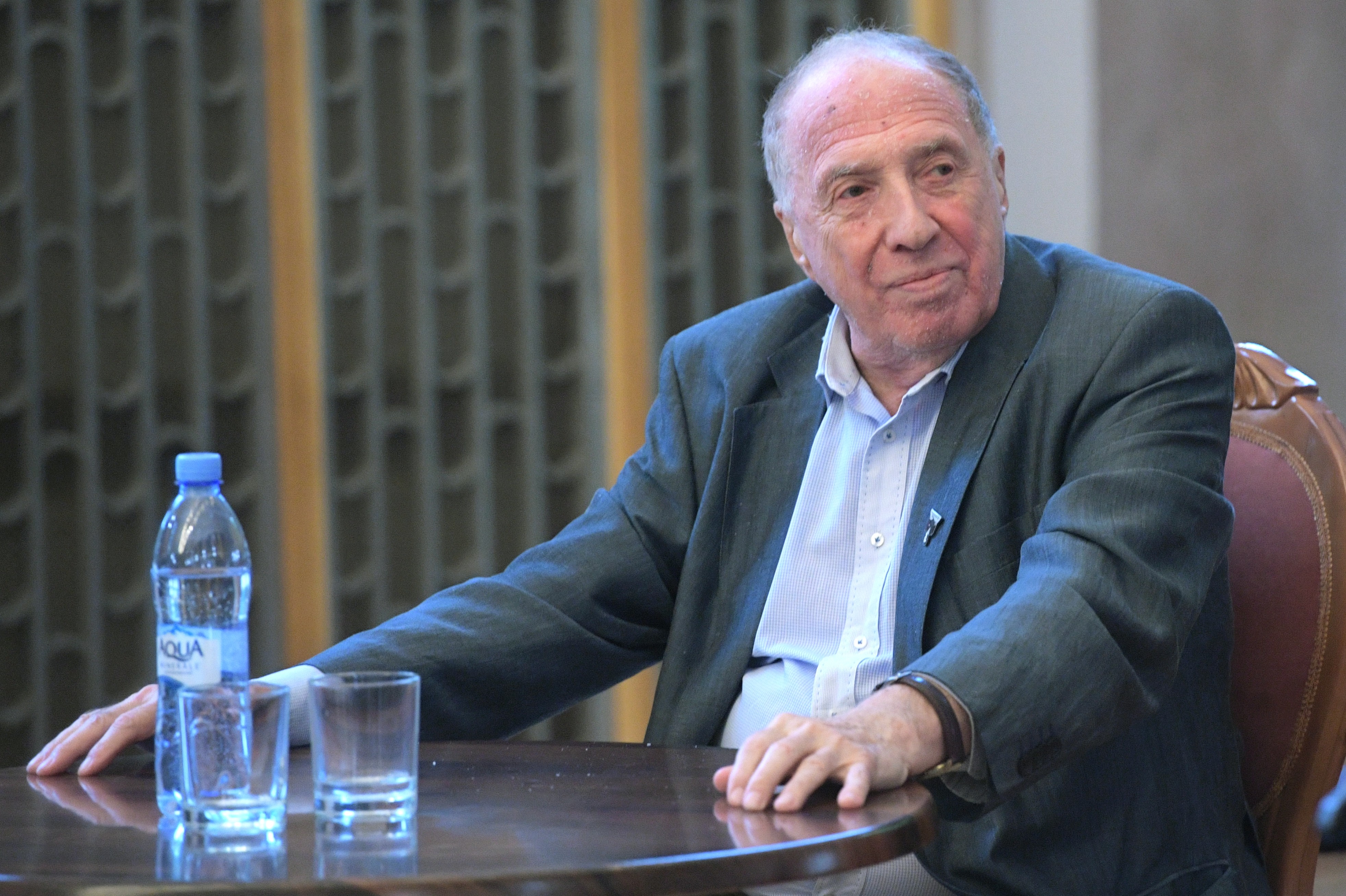 Vecher Pamyati Sergeya Yurskogo V Teatre Mossoveta
May 25, 2025
Vecher Pamyati Sergeya Yurskogo V Teatre Mossoveta
May 25, 2025 -
 Ultimate Porsche Macan Buying Guide Models Specs And Prices
May 25, 2025
Ultimate Porsche Macan Buying Guide Models Specs And Prices
May 25, 2025 -
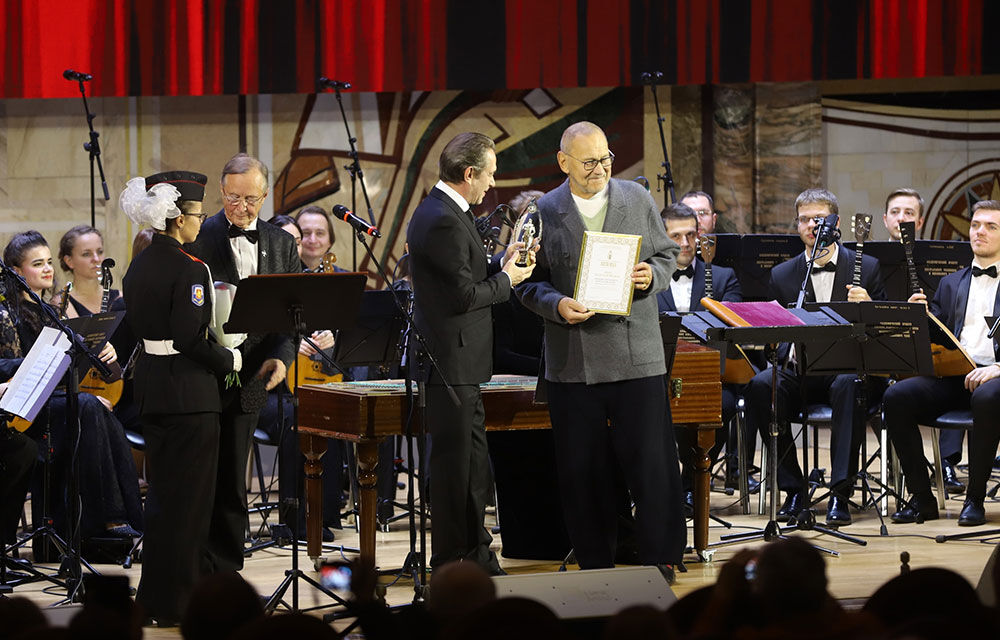 Pominalniy Vecher Sergeya Yurskogo V Teatre Mossoveta
May 25, 2025
Pominalniy Vecher Sergeya Yurskogo V Teatre Mossoveta
May 25, 2025
Latest Posts
-
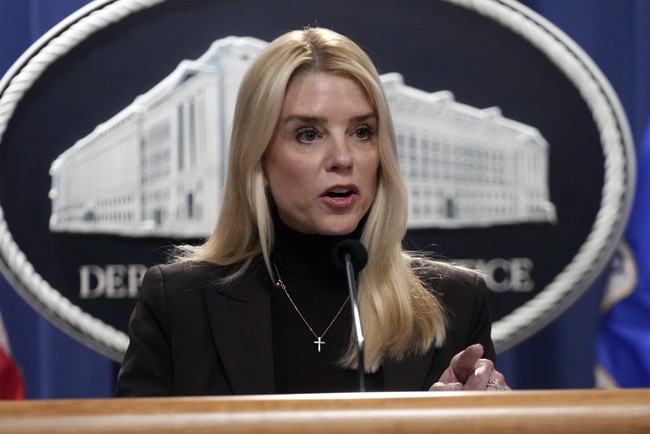 Mia Farrow Trump Must Be Held Accountable For Venezuelan Gang Deportations
May 25, 2025
Mia Farrow Trump Must Be Held Accountable For Venezuelan Gang Deportations
May 25, 2025 -
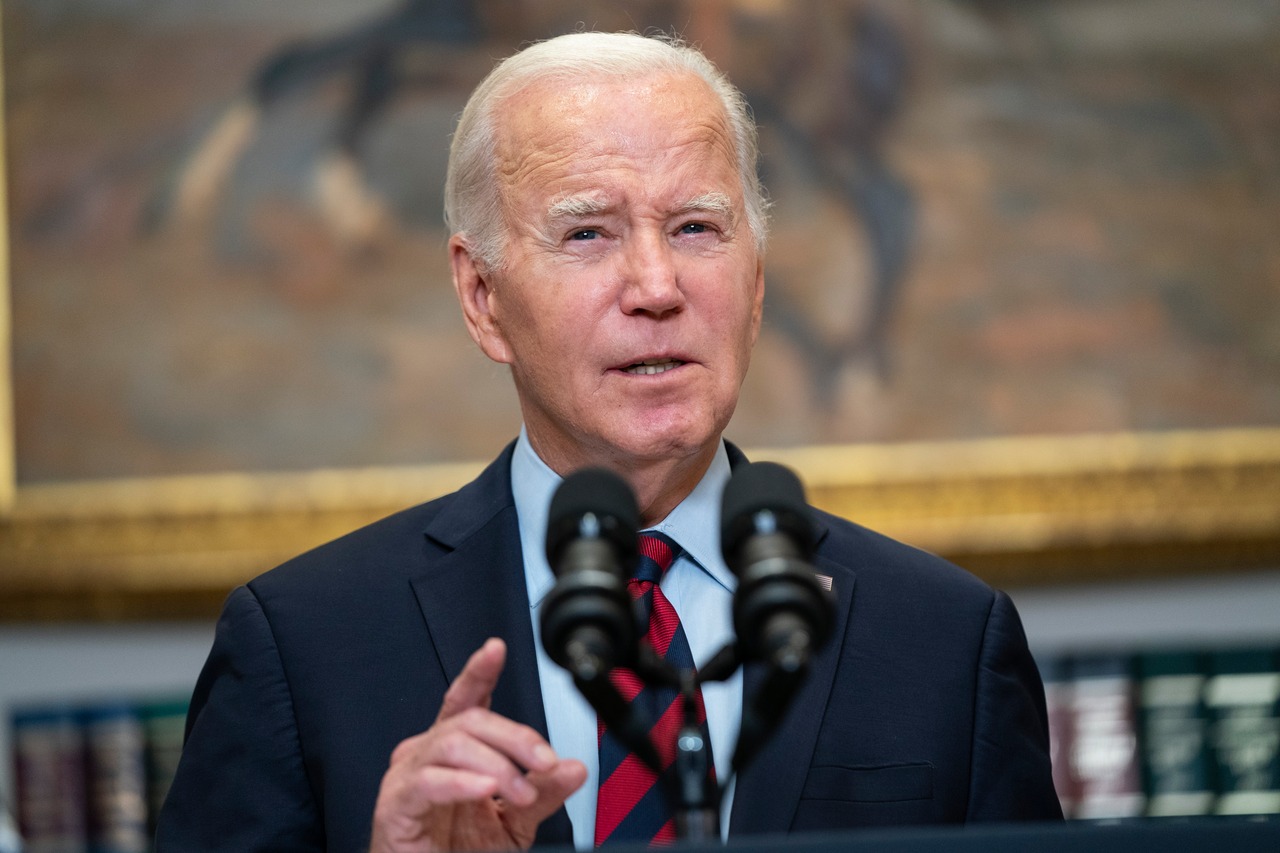 Farrows Plea Prosecute Trump For Handling Of Venezuelan Deportations
May 25, 2025
Farrows Plea Prosecute Trump For Handling Of Venezuelan Deportations
May 25, 2025 -
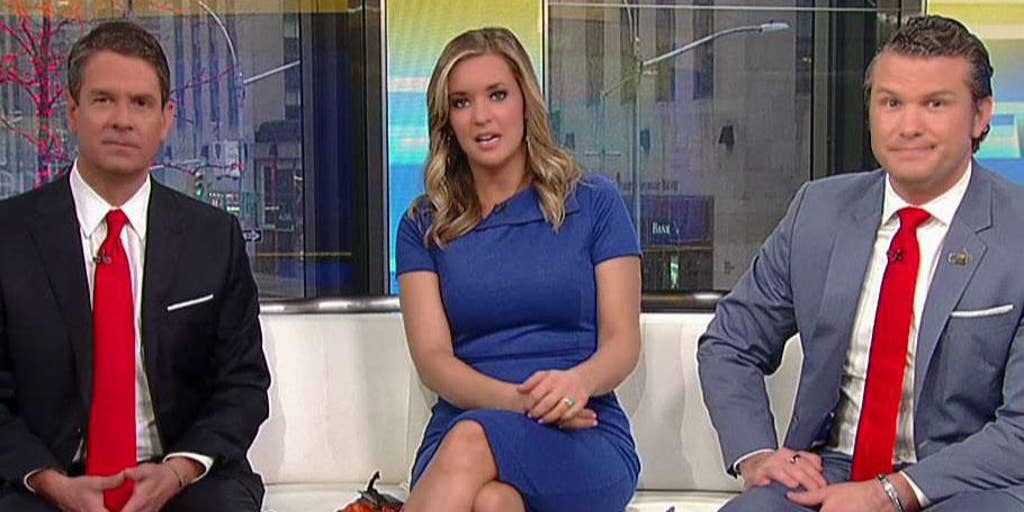 Actress Mia Farrow Seeks Legal Action Against Trump Regarding Venezuelan Deportations
May 25, 2025
Actress Mia Farrow Seeks Legal Action Against Trump Regarding Venezuelan Deportations
May 25, 2025 -
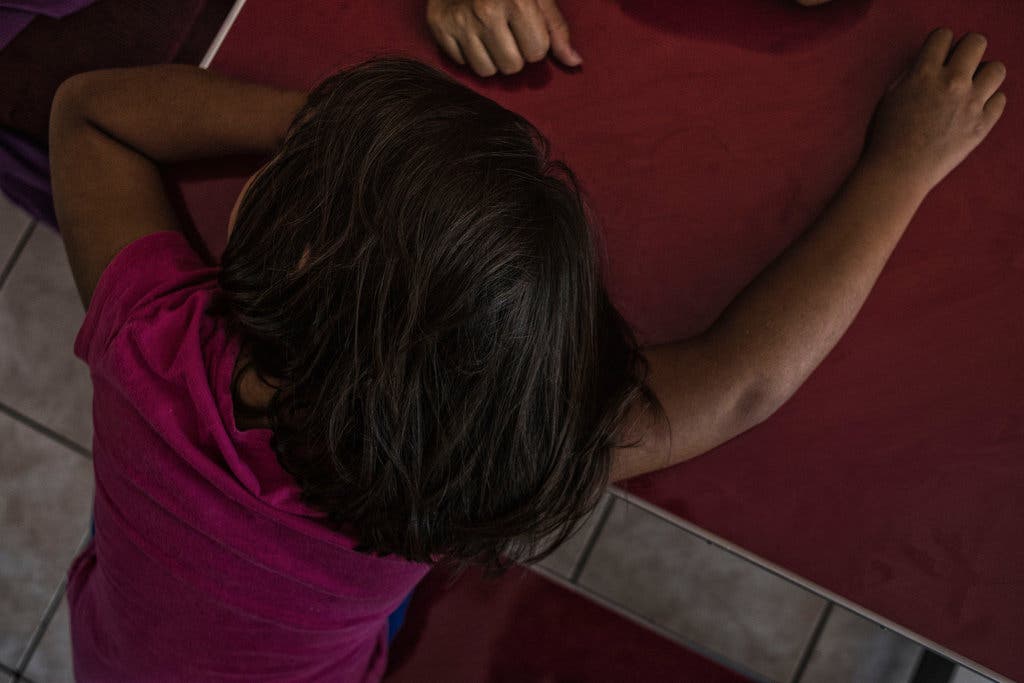 Mia Farrow Demands Trumps Imprisonment For Venezuelan Gang Member Deportations
May 25, 2025
Mia Farrow Demands Trumps Imprisonment For Venezuelan Gang Member Deportations
May 25, 2025 -
 Mia Farrow Calls For Trumps Arrest Over Venezuelan Deportations
May 25, 2025
Mia Farrow Calls For Trumps Arrest Over Venezuelan Deportations
May 25, 2025
